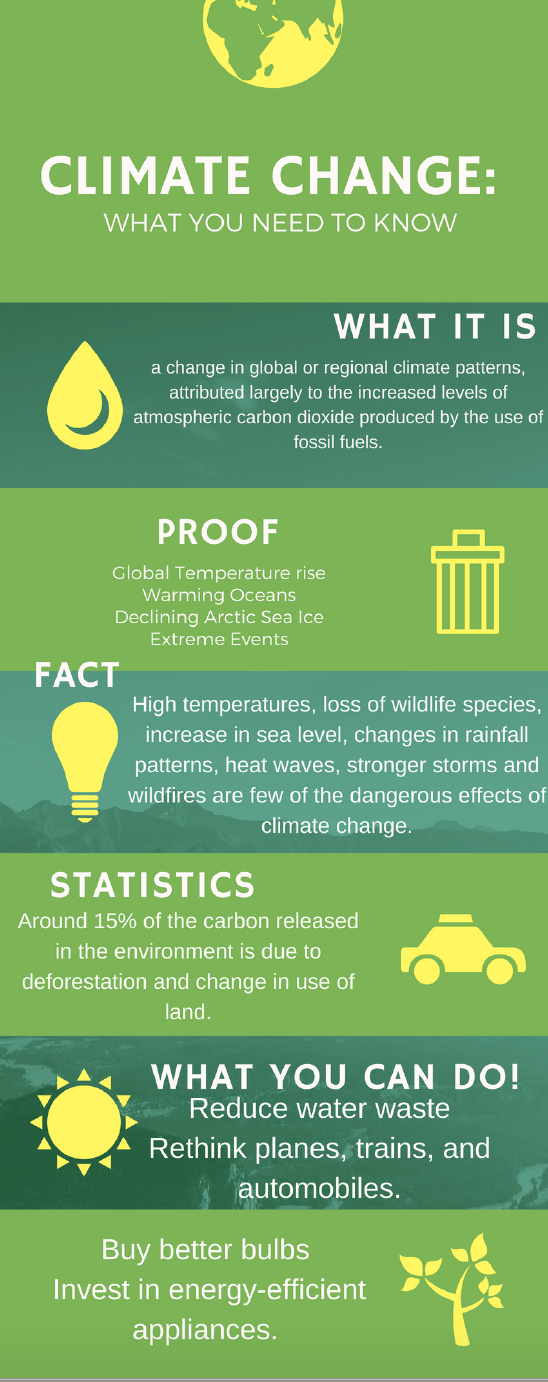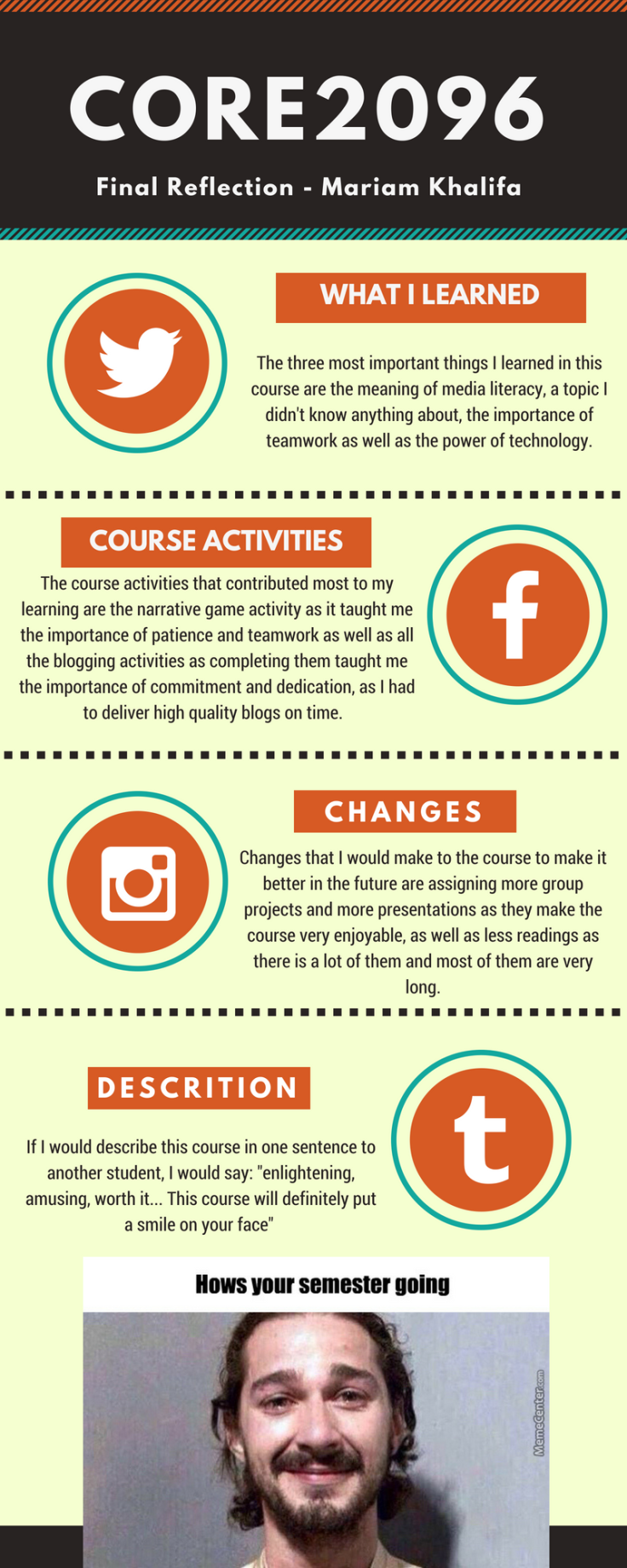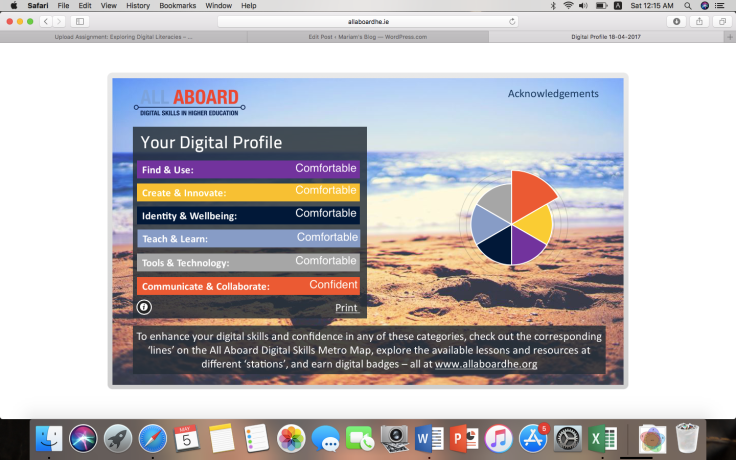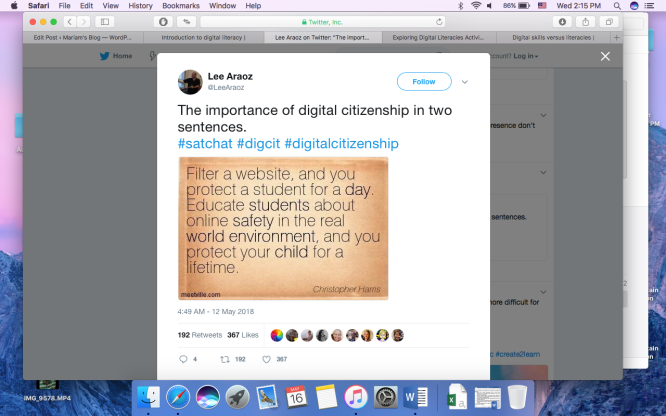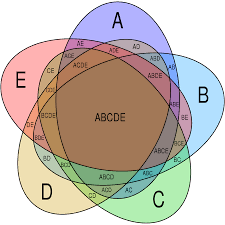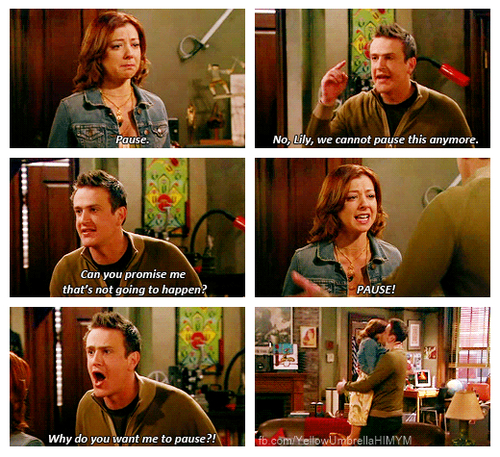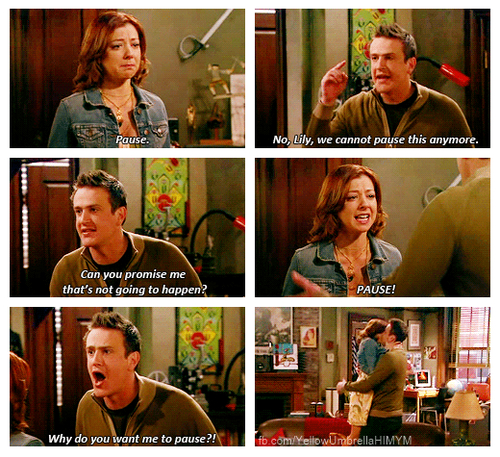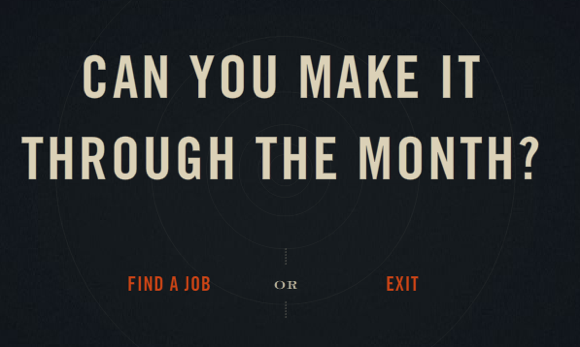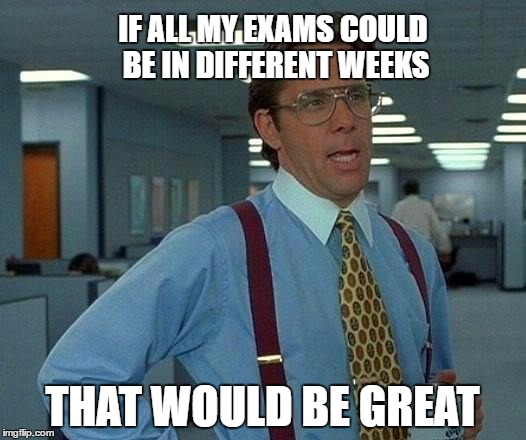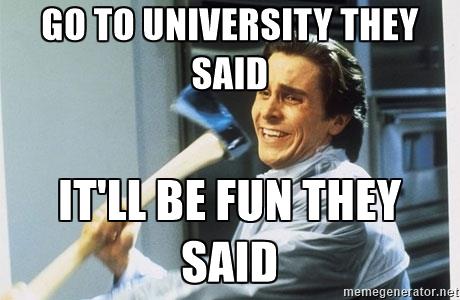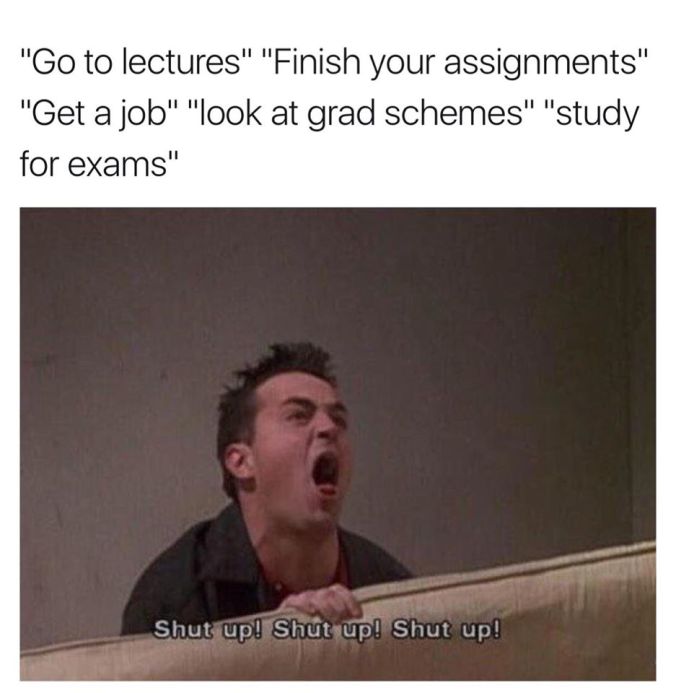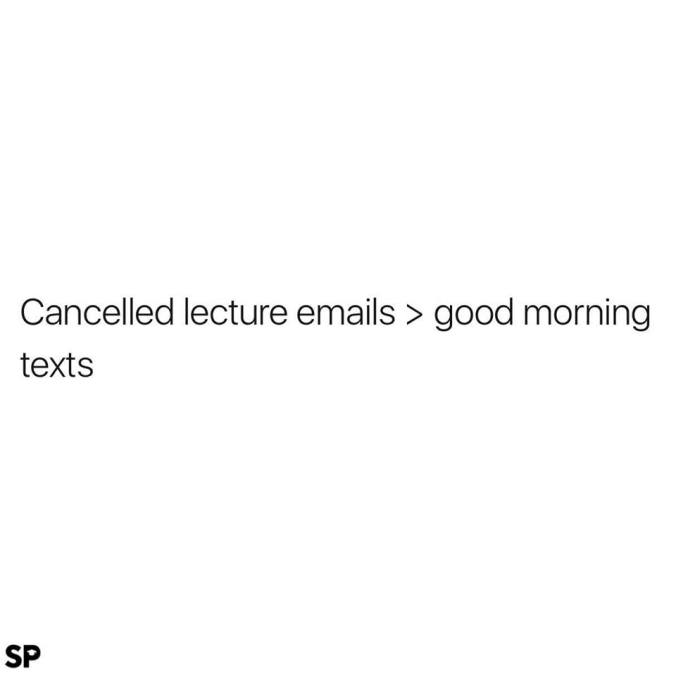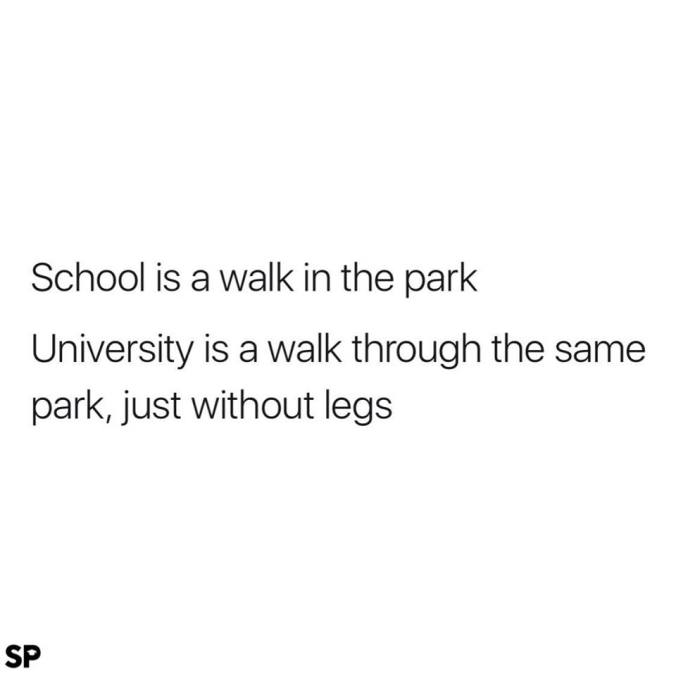“Culture makes people understand each other better. And if they understand each other better in their soul, it is easier to overcome the economic and political barriers. But first they have to understand that their neighbor is, in the end, just like them, with the same problems, the same questions”,said Paulo Coelho; I believe that Soliya helped me understand the true meaning behind his words.
Soliya is an international nonprofit organization preparing the next generation with the skills, attitudes, and commitment to engage with difference constructively. This spring, I participated in the Soliya Spring 2018 Connect Program; I was assigned to Group 118 that meets on Tuesdays 3:45 PM to 5:45 PM from April 2nd to April 27th.The Soliya program is basically a group facetime or skype platform that allows several people to log in and have a conference call, allowing each one of us to see and hear the others simultaneously. I believe that this element was crucial to the success of the program as it allowed us to see each other’s appearances, facial expressions and surroundings and hear each other’s voices. The platform also has “breakout rooms”, a feature that allows more private meetings between the members on the call, allowing us to have one-on-one conversations which made the discussion more personal. I believe that the group meetings were the most critical element of this cross-cultural exchange experience, and that each and every person in the group is important to the dialogue process.
My favorite about the whole experience is the diverse group of people I got to meet; I got to know people from the USA, Jordan, Tunisia, Italy and many more. I enjoyed talking to all of them in general but most importantly I enjoyed talking to Salah Casey, a feminist Jordanian studying in Turkey, as I found him to be hilarious, as well as Marwa Dridi as I believe she was very opinionated and had a lot to say. Furthermore, I believe that my moderator Kholoud was very supportive and nice; she always tried to encourage us to join the discussion and talk; she also tried to move the conversation forward and tried to write in the texting area what was being said, which was a huge help. We had to do several activities with my favorite being discussing topics that we are very passionate about and looking on our social media feeds or favorite news site for a post that relates to our passion that causes an emotional reaction in us. I decided to talk about “The Blue Whale Game” that caused the suicide of several teenagers in Egypt as there was a lot of controversy about it; I also loved listening to what the others found such as posts about racism, football and the treatment of inmates in prison. I also loved the subjects that we discussed in general: Feminism, Stereotypes, Are we really free? … With my favorite being feminism (I also believe it to be the favorite of the group in general) is as I believe that I have a strong opinion about this ideology and so did everyone else in the group.
My main issue with the experience as a whole is technological as I had recurring technological issues; I spent most of my sessions with Technical Support and I wasn’t the only one with sound problems, visual issues or slow connection. These technical issues got me very frustrated and stressed and affected my participation in the meetings as I had to drop and reconnect several times during the same sessions, so I missed chunks of the conversation; I had to use the texting feature a lot and sometimes felt left out as I did not know where the discussion was going because my less-than-ideal technology. However, these issues helped me learn about the impact of technology on communication and how equal technological access can help create a successful link between people from all around the world.
When I think about online communication, I think about social media platforms such as Facebook, Instagram, Snapchat or online communication tools such as emails, fax or even Skype or Facetime. Soliya is a lot like Facetime and Skype, they are very similar applications that allow visual and auditory communication between different individuals. I couldn’t actually see a difference between skype and Soliya. As a sharer of content, I learned that I’m very opinionated, I’m not the best listener in the world and that’s a skill I have to work on. I also found out that I find it easy to talk to people I don’t know. Furthermore, as a media consumer, I discovered that I am very attracted to posts/news that cause a lot of controversy. To foster constructive communication both online and in face-to-face interactions, I believe that I should be a good listener, have good nonverbal communication such as body language and eye contact or hand gestures, be clear and concise, friendly, empathetic, open-minded as well as respectful.
In conclusion, I found this experience to be very valuable as well as enlightening, especially for young adults. Soliya exposed me to other cultures, both western and eastern, and allowed me to hear different opinions about topics I find to be very interesting. However, sometimestechnology is a downfall as much as blessing; even though it connected us, I believe that the technological element can be improved as the issues it caused made the experience less enjoyable and extremely stressful.
